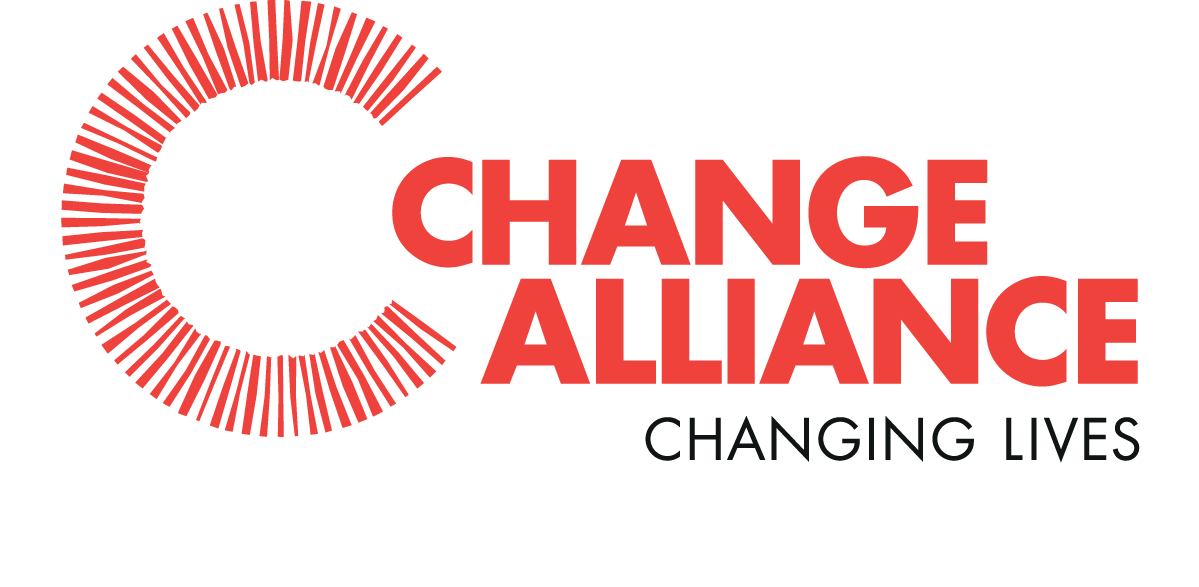Responsible Migration in Supply Chain
The garment sector is the second largest employer in India after agriculture. The Indian textile industry directly employs an estimated 45 million people of which 60% are women The sector comprises of 70% migrant workers in big hubs like Delhi-NCR, Bengaluru and Trippur. Due to poverty and lack of employment opportunities, in Jharkhand, 74.3% of people mainly from the marginalised communities with less education and low skills migrate to other states for employment. Jharkhand faces distressed migration of young women and girls and is among the top sources for unsafe migration and human trafficking in India. Gender-based violence is ingrained within the cultures and social norms and remains a serious problem for women in general and it is widespread in the Indian garment industry.
About the Project and Process
The goal of the project was to promote safe migration and strengthen the existing institutions and community to combat unsafe migration by creating evidence, policy advocacy and awareness. Total coverage through all interventions under this project is 4500 key stakeholders including workers, family members of migrant workers, community members, factory management, government, community-based organisations and other stakeholders. The project had four components.
